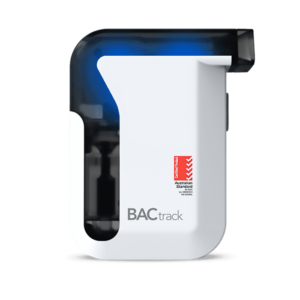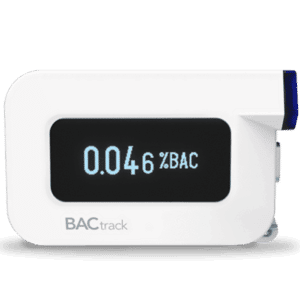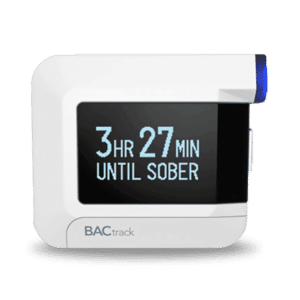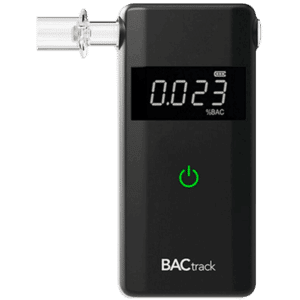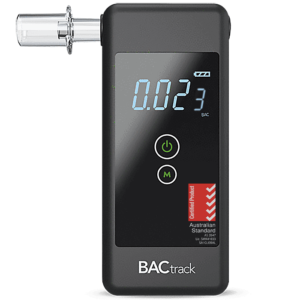Standard Drug Test for Employment: The Need to Know
01 April, 2024

A standard drug test for employment examines various substances such as illegal drugs, prescription medications, and alcohol. It helps ensure workplace safety from the risks of substance use. The procedure begins with the individual providing consent, followed by a trained professional administering the test. Once completed, the drug testing service provider sends the results directly to the company. Employers then use these results to make informed decisions regarding hiring, promotion, or disciplinary actions.
Substance misuse in the workplace can create risks for both employees and employers, including lower productivity, accidents, strained relationships, and legal issues. To address these issues, many companies use employment drug testing as a preventative measure. This method is designed to deter employees from using drugs, promoting a safer workplace. The article will cover employment drug testing, including the substances that can be detected and the procedures involved.
What are the Standard Drug Tests for Employment?
Standard drug tests for employment are methods that employers conduct to detect the presence of drugs in the human body. These tests are typically part of the hiring process to ensure a productive and safe workplace. Companies may require job applicants or current employees to undergo drug testing. This assessment aims to evaluate their suitability for a particular role.
There are several types of drug tests. These include urine tests, saliva tests, blood tests, and hair tests. Urine tests are the most common method due to their non-invasiveness and cost-effectiveness. Saliva tests are also common and provide quick results. Blood tests offer precise detection but are more invasive. Hair tests are less common but can detect drug use over a longer period.
An individual can refuse an employment drug test. However, doing so may result in consequences. These include not getting a job offer or receiving disciplinary action. The reason is that organisations conduct drug tests to protect everyone at work. In some safety-sensitive industries, drug testing is required by law. Hence, refusal may not be an option in these cases.
Reasons for Testing
- Pre-Employment Testing: Employers may conduct workplace drug testing before hiring a candidate to mitigate the risk of accidents or impaired productivity.
- Random Testing: Random drug testing helps deter workers from using illicit substances by creating a sense of risk of being caught. It also ensures ongoing compliance with drug and alcohol policies.
- Post-Accident Testing: Organisations conduct a test following a workplace accident to determine if illegal drug usage is a contributing factor. Doing so helps establish liability.
- Reasonable Suspicion Testing: An employer may administer a test if they see signs of erratic behaviour, slurred speech, or impaired performance in an employee.

Commonly Detected Drugs in a Standard Drug Test for Employment
Standard drug tests for employment commonly detects illegal drugs, which are substances prohibited by laws in Australia. These include cannabis, cocaine, heroin, ecstasy, and methamphetamine. Detection of these illicit or recreational drugs helps companies maintain a drug-free workplace environment and comply with legal standards.
In addition, employment drug testing can detect prescription drugs. While medical professionals legally prescribe these medications, misusing them is illegal and can pose risks in the workplace. Some of the prescription drugs include opiates, opioids, amphetamines, and benzodiazepines. Monitoring for the presence of these substances helps address issues of workplace substance abuse.
Furthermore, drug testing can detect ethanol, the primary active ingredient in most alcoholic beverages. Ethanol consumption can lead to significant impairment, affecting the cognitive and motor functions of the employee. By identifying the presence of ethanol, employers can take necessary measures to address alcohol-related concerns in the workplace. Overall, the detection of a wide range of substances plays a crucial role in preventing potential risks associated with substance misuse.
Detection Window
In drug testing, the window of detection is the timeframe during which a drug test can identify the presence of abused drugs in the body. For instance, a urine drug test can detect marijuana for up to 25 days after use in the urine sample, while a blood test can only detect it for about 24 hours.
Similarly, a saliva drug test can identify marijuana for around 14 hours, whereas hair testing can detect it for up to 90 days. These varying detection windows highlight the importance of understanding the specific characteristics of different drug tests.

Procedures for Conducting the Standard Drug Test for Employment
In standard drug tests for employment, employers follow a set of steps to ensure fairness and accuracy. First, they inform the candidate about the drug testing policy and ask for their consent using a form. Once the candidate gives consent, the employer briefs them on the specifics of the testing process, including where and when it will take place. This ensures that all candidates are aware of the procedure and can participate accordingly.
Trained professionals typically conduct the actual drug test at a designated testing facility or onsite at the workplace premises. Candidates provide a body specimen during the test. The testing officer will then seal the sample and send it to a certified laboratory for analysis. After analysing the sample, the testing facility reports the results confidentially to the employer.
A negative result indicates that no traces of the drug were found in the sample. Meanwhile, a non-negative outcome means technicians found traces of a particular drug in the sample. Employers may conduct confirmatory testing to verify the initial result and rule out any potential false positives.
Implications of a Non-Negative Result
A non-negative drug test result for an employee can lead to various consequences, depending on the rules of the company. They might face warnings, suspension, or even lose their job. This could happen because the company wants to maintain a safe and productive work environment for everyone.
Moreover, such a result can harm the reputation of the employee. Others may see them differently and trust them less, which could affect how they are treated by both bosses and coworkers. Furthermore, this loss of trust might make it harder for them to get ahead in their career in the future.
Conclusion
In conclusion, standard drug tests for employment help companies ensure a safe and productive workplace by detecting the presence of illicit drugs, prescription medications, and alcohol. These tests include urine, saliva, blood, and hair tests. By identifying substance misuse, employers can take necessary actions to mitigate risks and maintain a drug-free environment. Refusing a drug test may have consequences, as organisations conduct these tests to protect everyone at work.
Employment drug testing involves several steps to ensure fairness and accuracy. Employers inform candidates of the policy, get consent, and explain the process. Trained professionals collect, seal, and send samples to a certified lab. A negative result means no drugs were found, but a non-negative one leads to more tests. Consequences for non-negatives can include warnings, suspension, or termination, aiming to keep the workplace safe. Also, it can damage reputation and affect trust and future job opportunities.
















